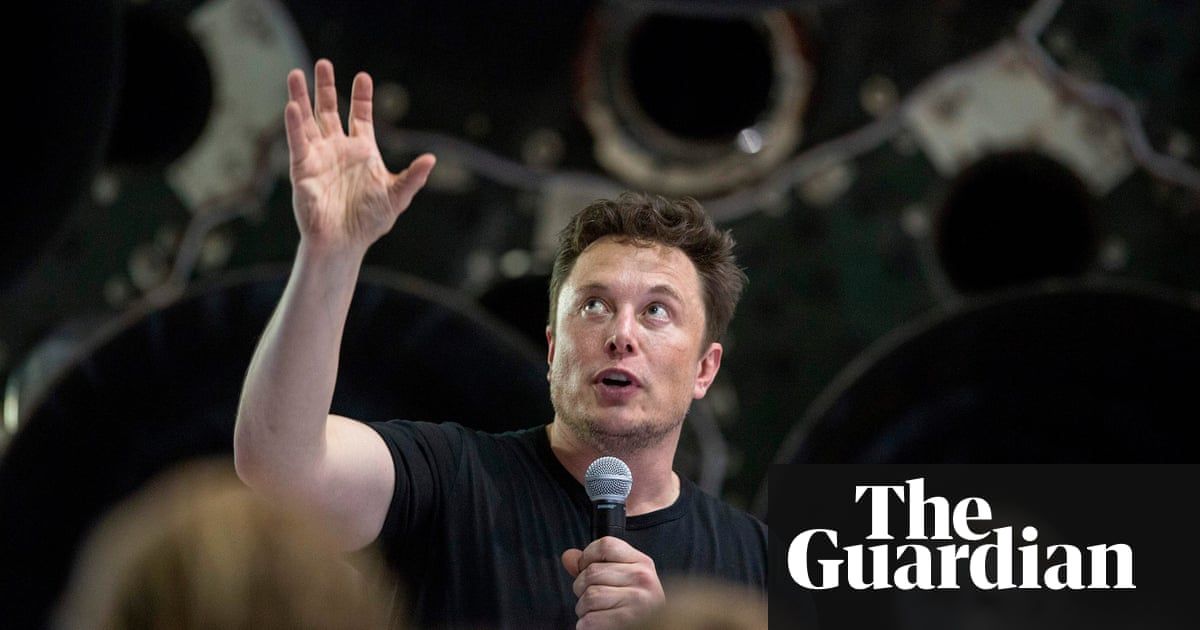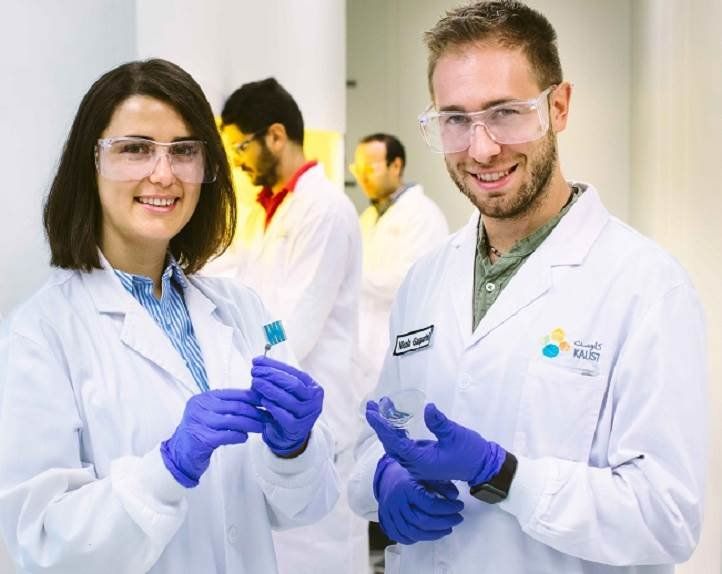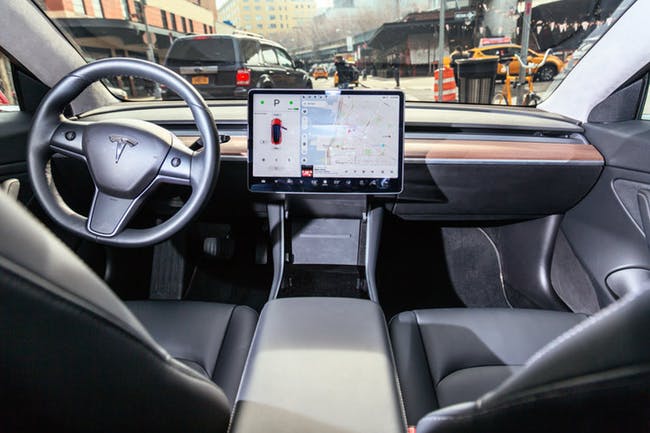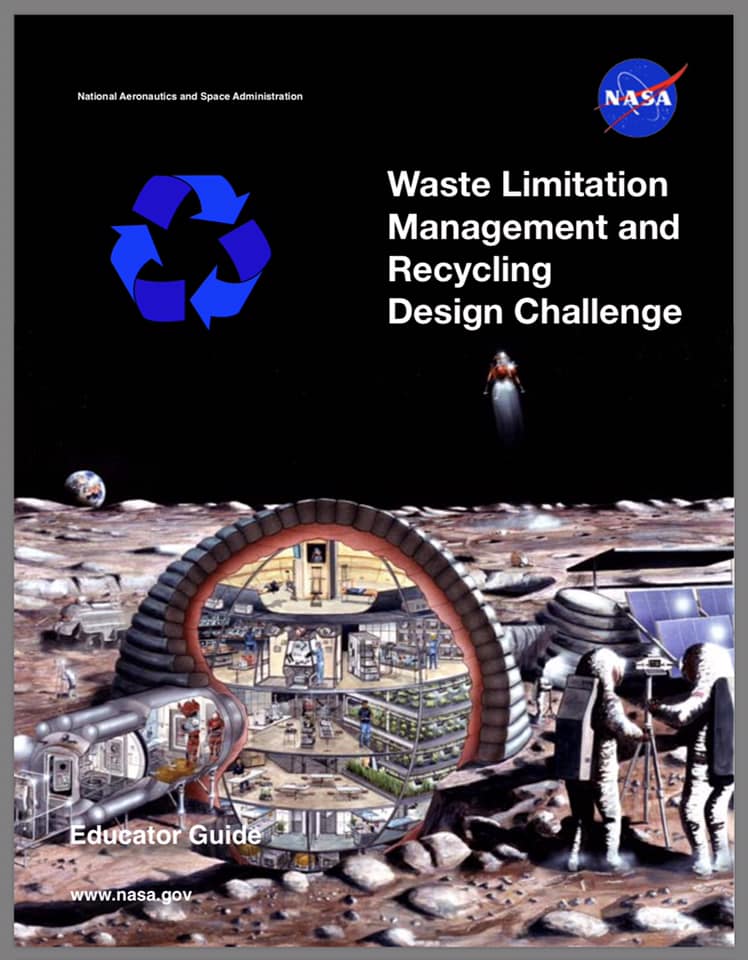Billionaire tweets ‘visual approximation’ of bottle as company applies to use the name for tequila branded after the electric cars.





New houses could soon deliver on a long-awaited promise and incorporate windows or roof tiles that harvest solar energy, research conducted at KAUST suggests.
Derya Baran, at the KAUST Solar Center, and her colleagues have developed a photovoltaic organic material that captures light efficiently and that potentially could be coated on building materials.
Traditional roof-mounted solar panels are made from slabs of silicon, but organic molecules can also capture energy from sunlight. These molecules could be formulated as inexpensive printable inks that are applied to regular building components such as windows. Turning sunlight into electricity is a multistep process, and the key to developing high-performance organic photovoltaic materials has been to find organic molecules that are good at every step, Baran explains.

Six-hundred million people in Sub-Saharan Africa lack access to electricity. To meet these power needs, a mix of large public-run utility grids and standalone systems will be necessary for universal access in the region. Governments, aid organizations, and scientists are working to understand which electricity grid solution would be most cost-effective and reliable across urban, peri-urban, and rural areas.
Standalone, or “decentralized” electricity systems—most often solar power with battery storage—are usually thought to be too expensive compared to large state-run grids in all but the most remote locations. However, declining costs of solar and new battery technologies are changing the best pathways to deliver reliable power to people that currently lack access to electricity. New UC Berkeley research published today in Nature Energy finds that decentralized electricity systems in sub-saharan Africa can be designed for extremely high reliability, and that this may come at remarkably low costs in the future.
Jonathan Lee, a Ph.D. candidate in the Energy and Resources Group (ERG) and Associate Professor Duncan Callaway worked with more than 10 years of solar data from NASA and developed an optimization model that determines the lowest cost way to build a standalone system given component costs and a target reliability. At current costs, their model indicates that most regions in Sub-Saharan Africa can get 95% reliable power—meaning customers can use electricity from some combination of solar panels and batteries 95% of the time—for roughly USD$0.40 per kWh. Though that cost is high relative to current grid costs, their model indicates that with aggressive but plausible future cost declines in decentralized system costs, largely in batteries, these costs would drop to levels competitive with the grid in many parts of the continent in less than a decade.

Tesla is shaking up the automotive industry. But which of Tesla’s products and features are doing the disrupting, and who will be affected? A recent article by Benedict Evans delves into the details of this automotive disruption with comparisons to similar shake ups in the tech industry.
Evans uses the disruptive wave that Apple unleashed on Palm, Nokia, and other makers of previous-generation cell phones as an analogy. “When Nokia’s people looked at the first iPhone, they saw a not-great phone with some cool features that they were going to build too, being produced at a small fraction of the volumes they were selling,” he writes. “When many car company people look at a Tesla, they see a not-great car with some cool features that they’re going to build too, being produced at a small fraction of the volumes they’re selling.”
But can Tesla be considered the Apple of the auto industry, and if so, what would that mean? Disruption occurs when a new technology or concept changes the basis of competition in a field. However, not every new technology turns out to be disruptive. “Some things do not change the basis of competition enough, and for some things the incumbents are able to learn and absorb the new concept instead,” writes Evans, noting that business professor Clay Christensen calls this “sustaining innovation” as opposed to “disruptive innovation”.


Governments are one of the last strongholds of an undigitized, linear sector of humanity, and they are falling behind fast. Apart from their struggle to keep up with private sector digitization, federal governments are in a crisis of trust.
At almost a 60-year low, only 18 percent of Americans reported that they could trust their government “always” or “most of the time” in a recent Pew survey. And the US is not alone. The Edelman Trust Barometer revealed last year that 41 percent of the world population distrust their nations’ governments.
In many cases, the private sector—particularly tech—is driving greater progress in regulation-targeted issues like climate change than state leaders. And as decentralized systems, digital disruption, and private sector leadership take the world by storm, traditional forms of government are beginning to fear irrelevance. However, the fight for exponential governance is not a lost battle.

Air pollution could reduce your intelligence and mental capacity.